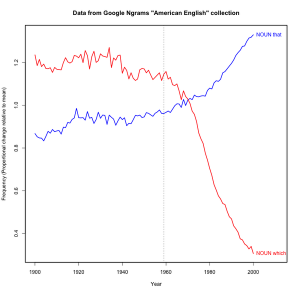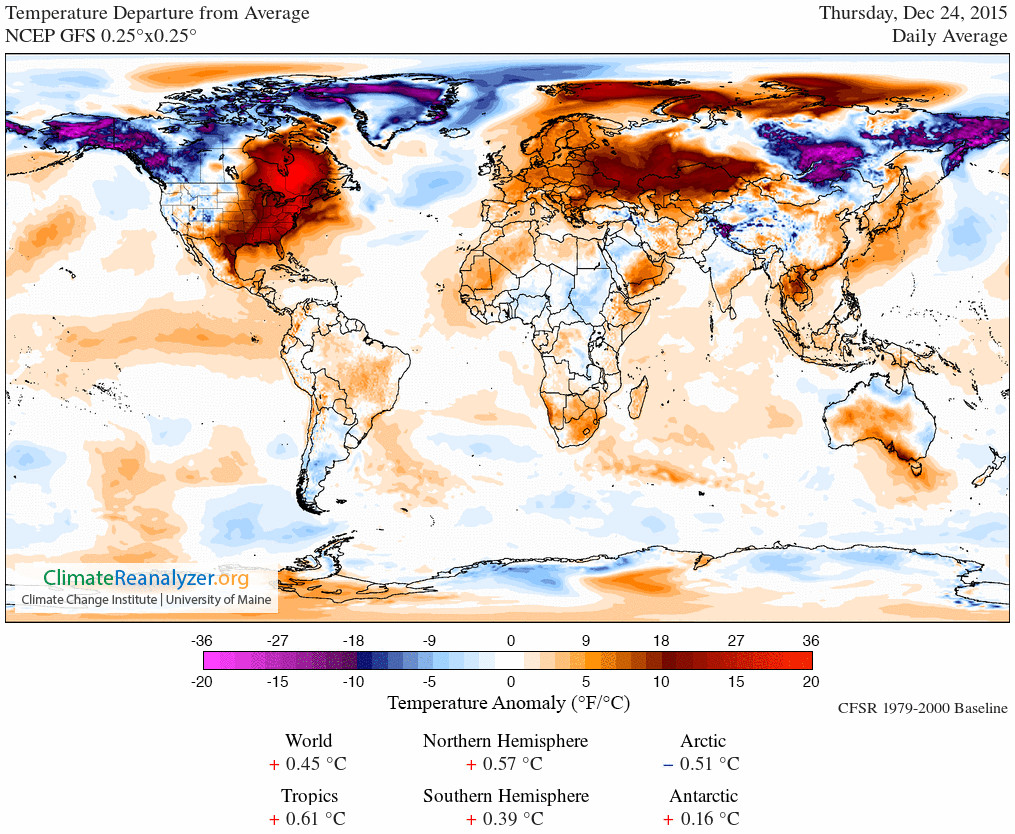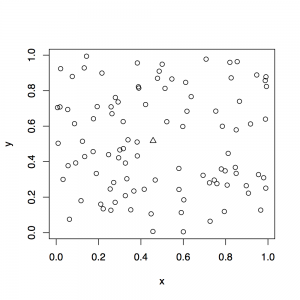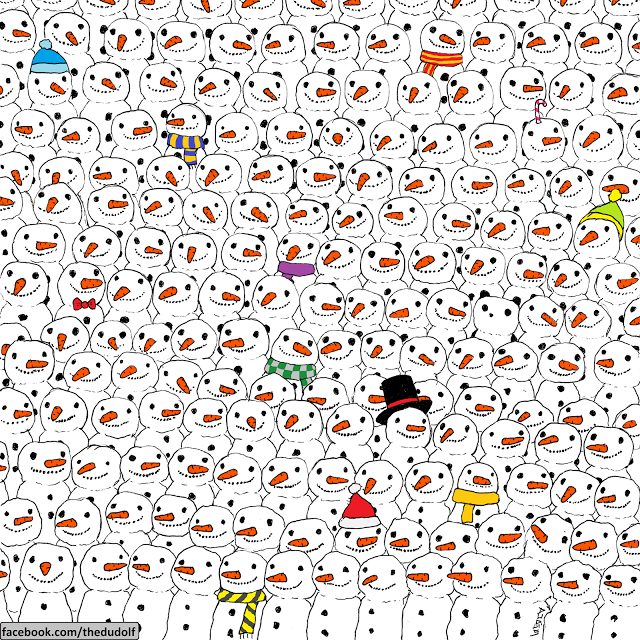Q: Did you see there’s a designer Kiwi cider that makers claim could combat ageing?
A: <sigh> Yes.
Q: And do the makers claim that?
A: Pretty much: “I never feel guilty about the drinks I consume, but I know that’s not the case for everyone. Knowing I’ve played a part in unlocking the secret to eternal youth is a career highlight.”
Q: Wow.
A: I know, right?
Q: What is his secret to eternal youth?
A: Cascara
Q: I think I’ve heard of …. wait, isn’t that a laxative?
A: They’re probably hoping their customers are too young to think of that. This is a completely different plant, just the same Spanish word.
Q: Ah. I see. Coffee berry husks. They used to just throw it away?
A: Well, in Yemen it’s a traditional beverage, and they drink it in Bolivia, too. And everywhere it at least gets recycled as compost. But from the viewpoint of the superfood industry they threw it away.
Q: Are they more specific about the whole eternal youth thing?
A: The Herald didn’t quote them, but yes, the company blog says “brewers added the berry’s purported health benefits that include preventing premature aging, heart disease, high cholesterol, asthma and Alzheimer’s to the cider profile. ”
Q: What research do they cite supporting this?
A: Very droll.
Q: No, seriously, don’t they say anything?
A: No.
Q: Is there research?
A: Well, it’s got antioxidants.
Q: Doesn’t everything?
A: And it seems to stimulate the release of brain-derived neurotrophic factor.
Q: In mice?
A: No, in people. Five of them.
Q: And is this brain-derived neuro-factor thing good?
A: With a name like that, how can it not be? Having some of it is important for lots of things.
Q: Some of it?
A: Doesn’t seem to be any real evidence that releasing more is good.
Q: But releasing it is unusual?
A: Caffeine does.
Q: Oh. Doesn’t sound like much support for the claims.
A: That’s what Dr Paul Jarrett, said — the expert the Herald asked.
Q: How about Yemen? Does this coffee berry stuff make them healthier there?
A: You couldn’t really tell, given what a mess the social and healthcare systems are in, not to mention the occasional drone bombings.
Q: Well, that was depressing
A: Ok. Back to the cider, then.
Q: Right. So, you’re not going drink it?
A: Well, not for the eternal youth. The flavour combination sounds attractive if I can hold my nose over the marketing.
Q: And maybe find a charity that does useful things in places like Yemen and Bolivia
A: Yeah.





